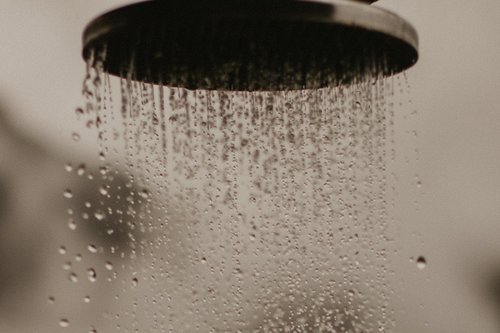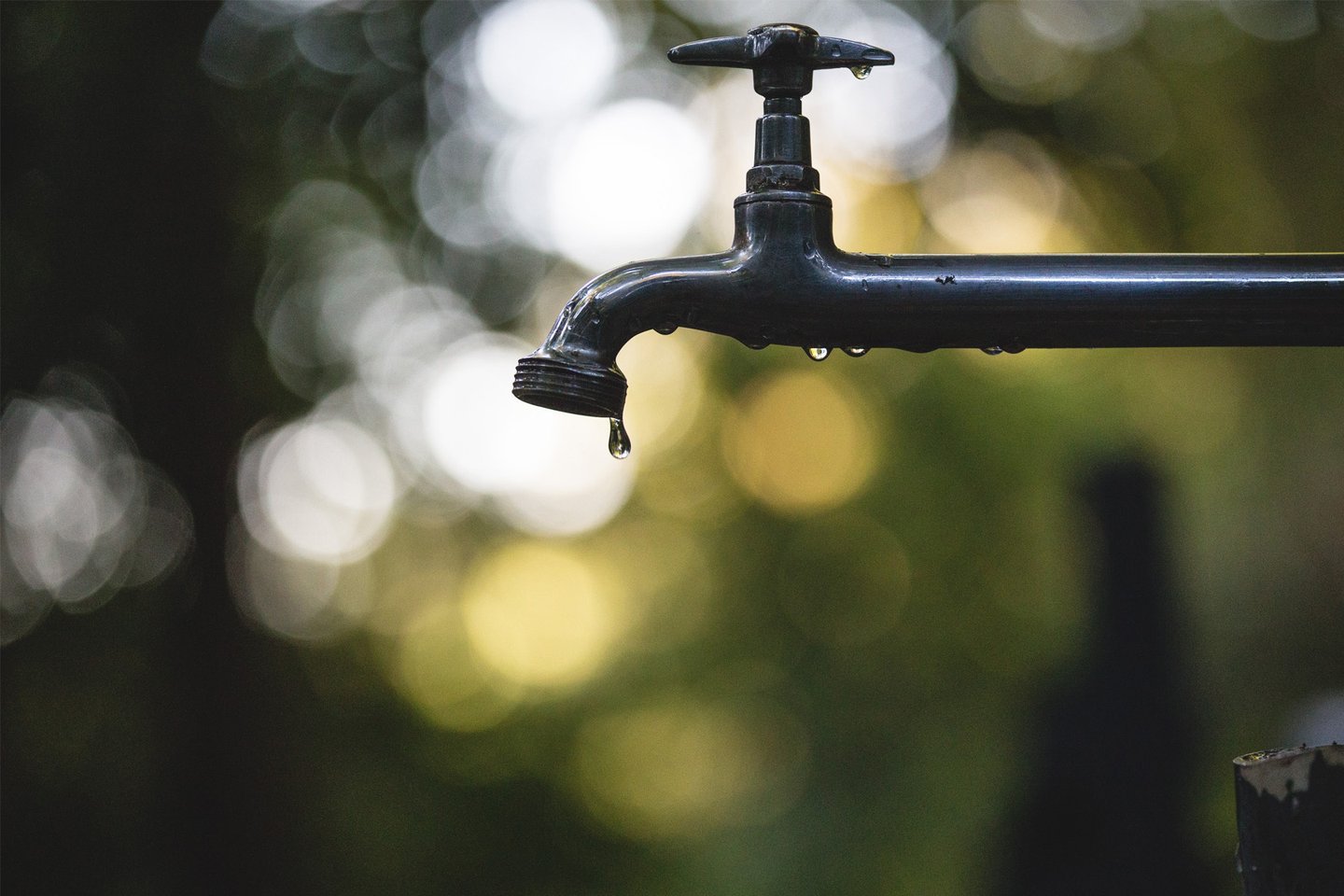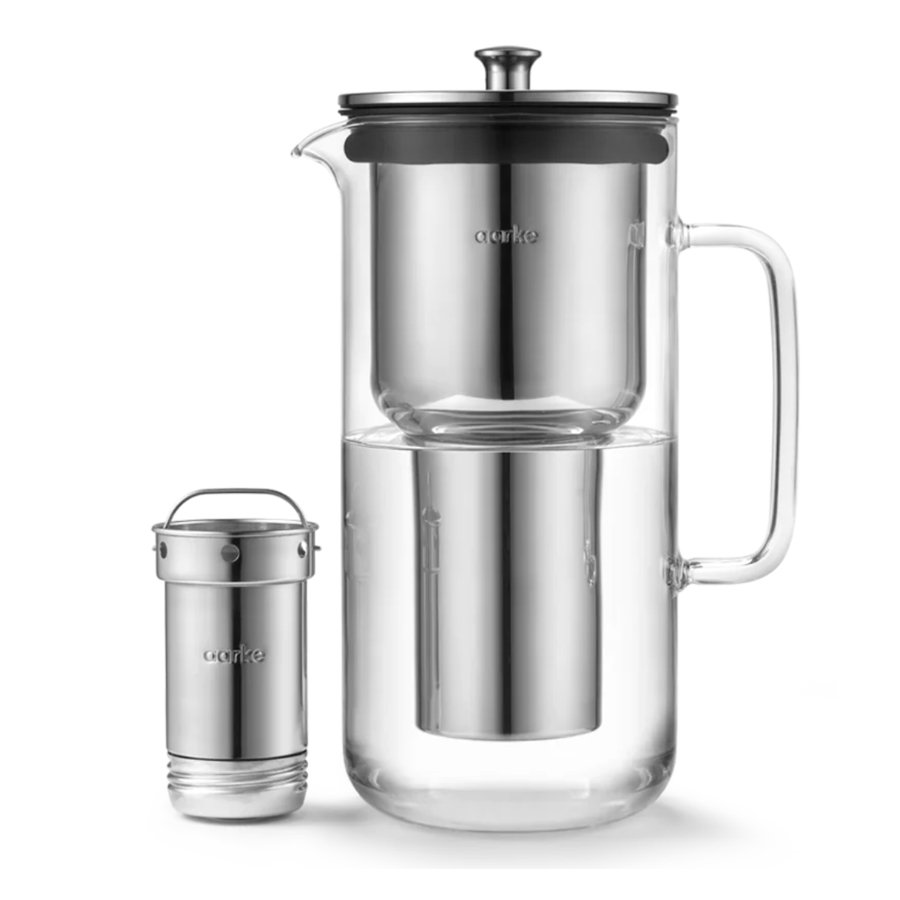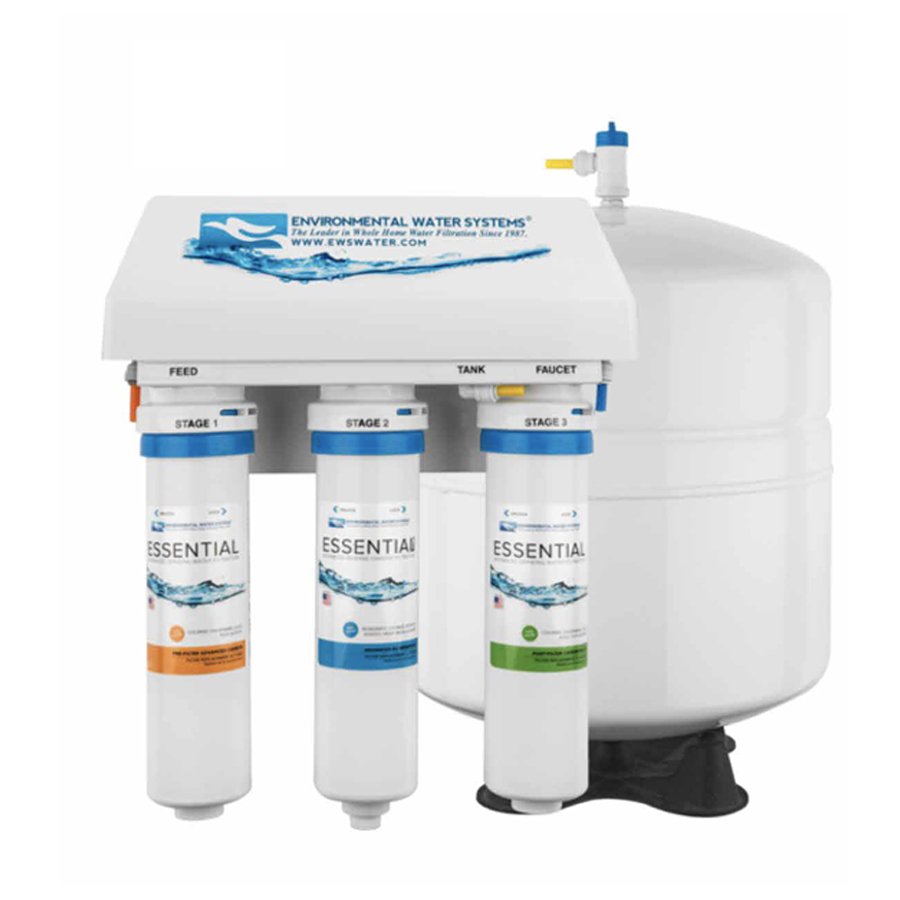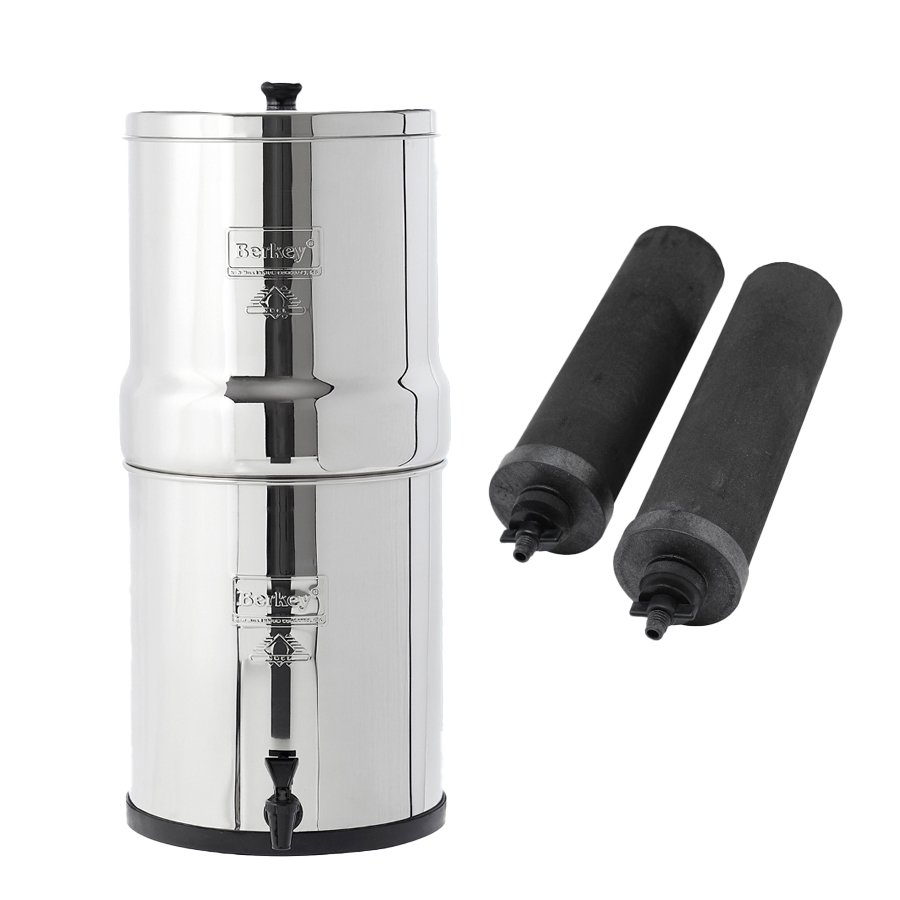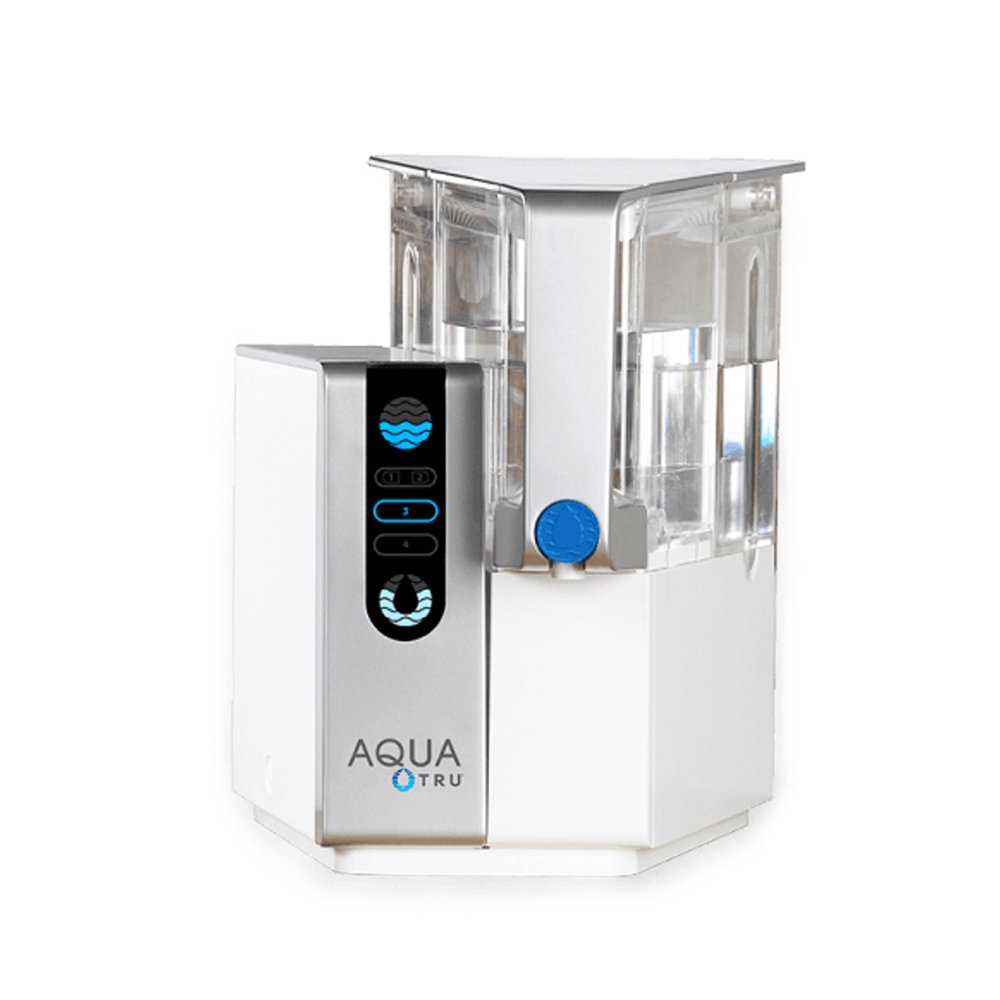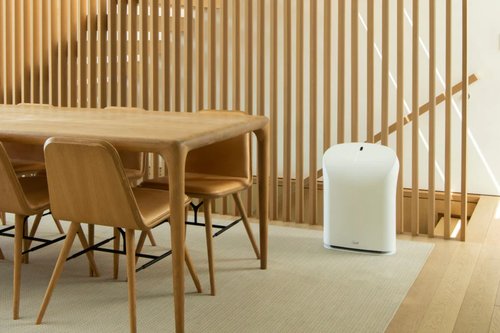Another problem arises when we consider the prevalence of microplastics in our water supply. These tiny plastic fragments, measuring less than 5 millimeters, result from the breakdown of larger plastics and are released into the environment through sources such as synthetic clothing, industrial processes and the improper disposal of plastic waste. Found in oceans, rivers and even tap water, microplastics are now ubiquitous, with studies showing that humans unknowingly consume them in greater levels than ever before through food, drinks and the air.
The combination of microplastics and PFAS creates a particularly troubling 'double whammy' effect. Research reveals that when these pollutants interact, their toxicity increases, posing an even greater threat to human and environmental health than when they are found alone. Having been studied separately in the past, this emerging field of combined research is yielding troubling findings. Plastic is often treated with PFAS, turning it into a vehicle that carries these harmful chemicals deeper into ecosystems and the human body. This synergistic impact heightens concerns about chronic exposure, as it can exacerbate risks to vital systems such as the endocrine, reproductive and immune systems.
The EPA highlights a significant hurdle in ensuring contaminant-free water: the sheer volume of potential pollution sources. These pollutants emerge from historical practices, ongoing industrial and agricultural activities and the broader impacts of urbanization on water quality.
While many countries have stringent water quality regulations, achieving consistently pure water remains a challenge. To guide the public, the EPA has cataloged the chemicals found in tap water, along with the health risks linked to long-term exposure. For instance, lead, known to disrupt neurological development, is a frequent concern. Chlorine, a common disinfectant, can trigger respiratory problems, while arsenic and mercury carry links to various cancers and kidney damage.
Considering these challenges, it's no surprise many are turning to water filtration systems. From simple water pitchers to more advanced home setups, these systems aim to deliver water as pure as nature intended.
